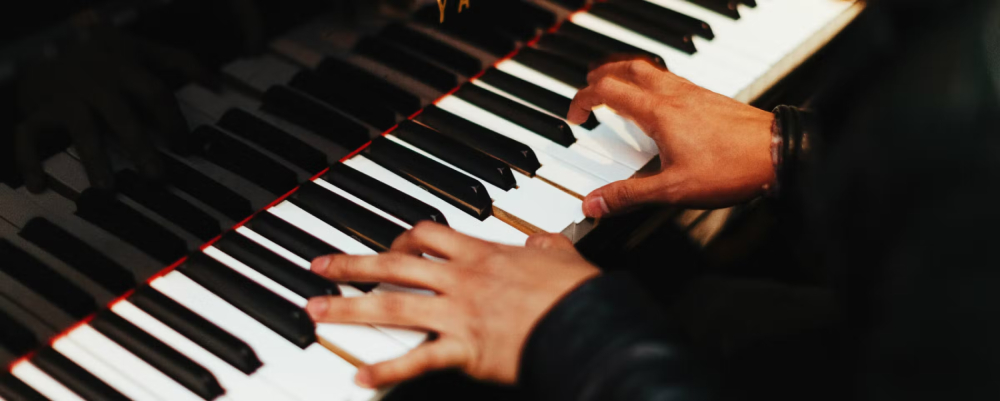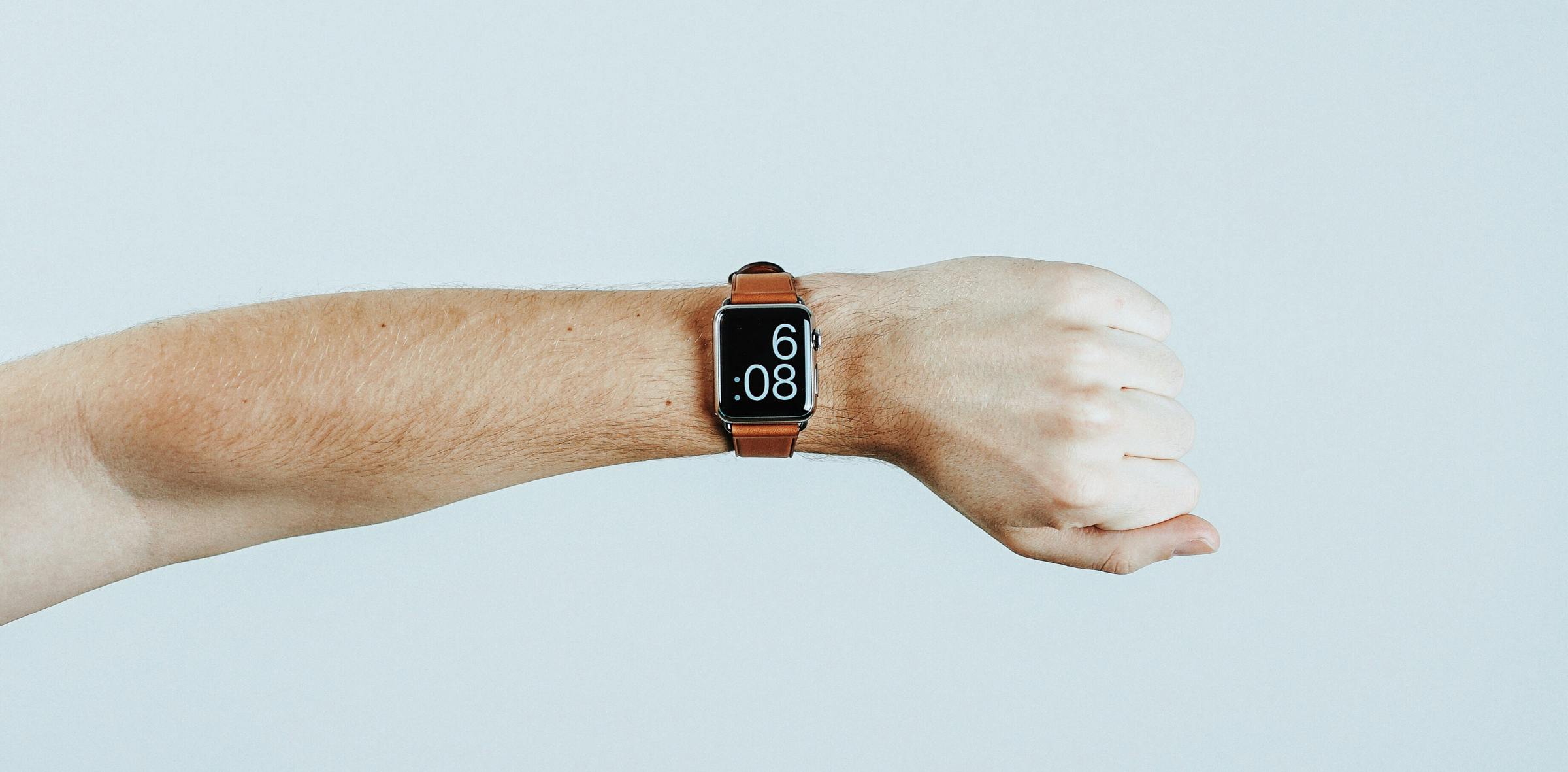6 Tricks to Stay Motivated Learning Piano

1. Learn with the music you love
It’s hard to give up your precious free time for a piano lesson or to practice if it feels like work. This is especially difficult at the start, when it might not have clicked yet and you don’t feel hooked. The beauty of the piano is that it allows you to play practically anything, so you can start to learn in any genre or style you prefer. Whether that’s Romantic-era Beethoven, movie soundtracks or 80s ballads, if you love what you play it never feels like a chore.

2. Master it, then move on
Mastering a song is so satisfying that it’s often tempting just to play it over and over for hours, annoying the neighbors. True, it’s important to revisit what you’ve learned to avoid it getting rusty, but to keep things feeling fresh you need to move on to something new. Varying the styles and techniques means you can expand your repertoire, but don’t forget: stick to what you love. Learning through an app means you can choose from thousands of options, so it takes seconds to find another favorite and start learning immediately.
3. Set a milestone you can’t miss
It could be a long term target, like mastering Chopin ready for a concert on a specific date a year from now. Or, if Christmas is coming, make it your goal to learn all the Christmas songs you loved as a kid. It might just be that you’re going to a friend’s party next week and they have a piano, so you might learn songs that are guaranteed to get people singing along. Make it specific, then set it in stone. Book yourself to play the concert, tell everyone you’re playing at Christmas, or the party. You can’t back out now!
4. Find the right spot for your keyboard
You’re busy. It’s easy to forget to practice, or that you’re learning to play at all, especially if you need to take a keyboard out of a cupboard, set it up, plug it in, turn it on. It’s a hassle, so you put it off. The solution is simple. Keep your keyboard set up so it’s as easy as possible for you just to sit down and play, somewhere easily visible so you can’t forget. It might be across the living room from the couch or in a spot that you pass on the way to the fridge. Treat yourself to a comfortable seat that makes you feel good, so once you’re in the zone you don’t even think about stopping. At least, not until people start wondering why you went to the fridge an hour ago and never came back.
5. Play at the time that’s best for you

There is no “best time” to learn, or to practice. Some prefer first thing with a cup of coffee, while others wind down at the piano after work. Mozart was most creative very early or very late, while Strauss preferred mid-morning. Experiment until you find the time that feels best for you, or if you have a scientific mind you could chart when you are most alert and practice in that exact time window. Of course, it’s impossible to choose if you’re at the mercy of a teacher’s schedule, but that’s not a problem if you’re using an app to help you learn. You can sit down at your own piano and play whenever you like. Saying that, if you love playing at 4 am while everyone is asleep, maybe go with an electric keyboard and headphones.
6. Track your progress to get hooked
It’s a familiar story. You make the same finger fumble three times in ten minutes. It’s infuriating, you feel like you aren’t progressing. So you decide to give up, that piano isn’t for you. But you are progressing, it’s just hard to see it if you don’t track your progress. We don’t all have a teacher to give feedback, and online video learning lacks the adaptive feedback we need. App learning builds progress tracking into the way you learn. When you can actually see how much you’ve learned and improved over a short time, you start associating the warm glow of gratification with practice, and you’re hooked.


